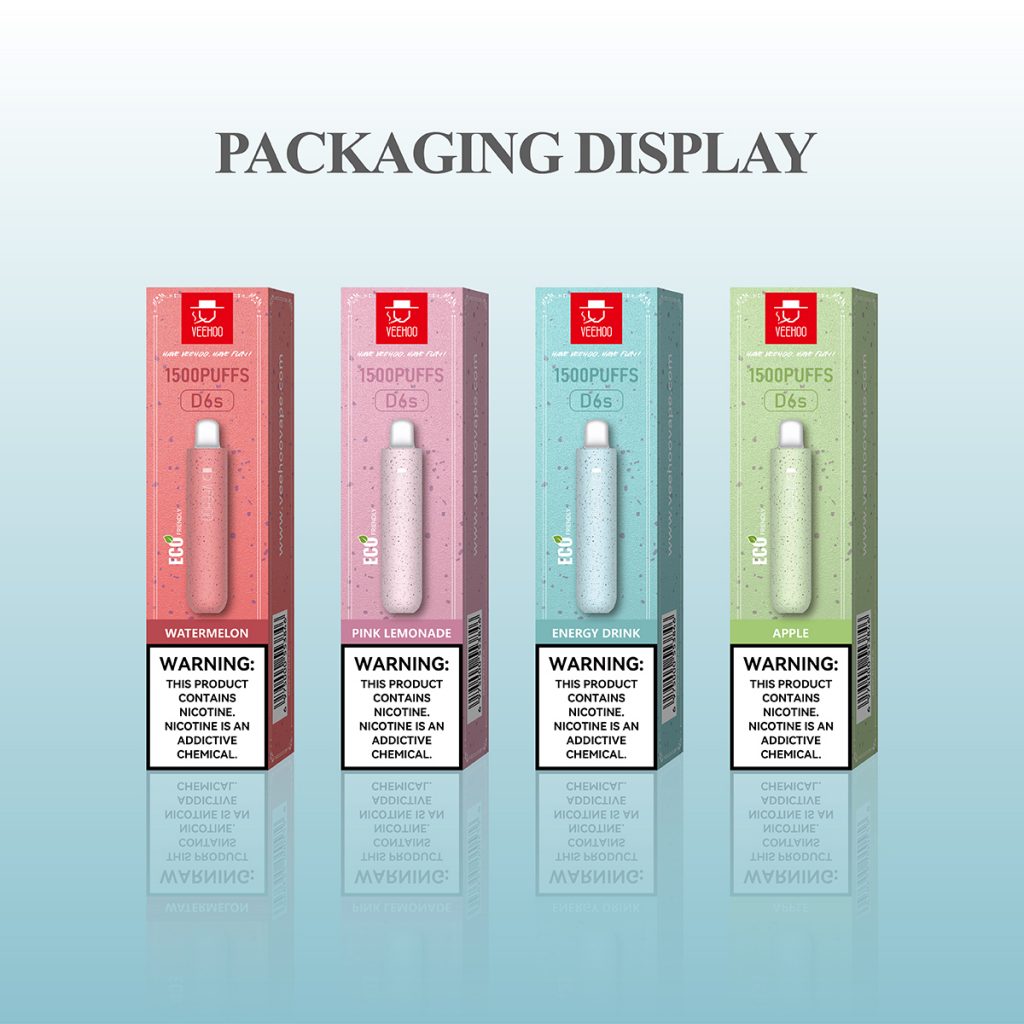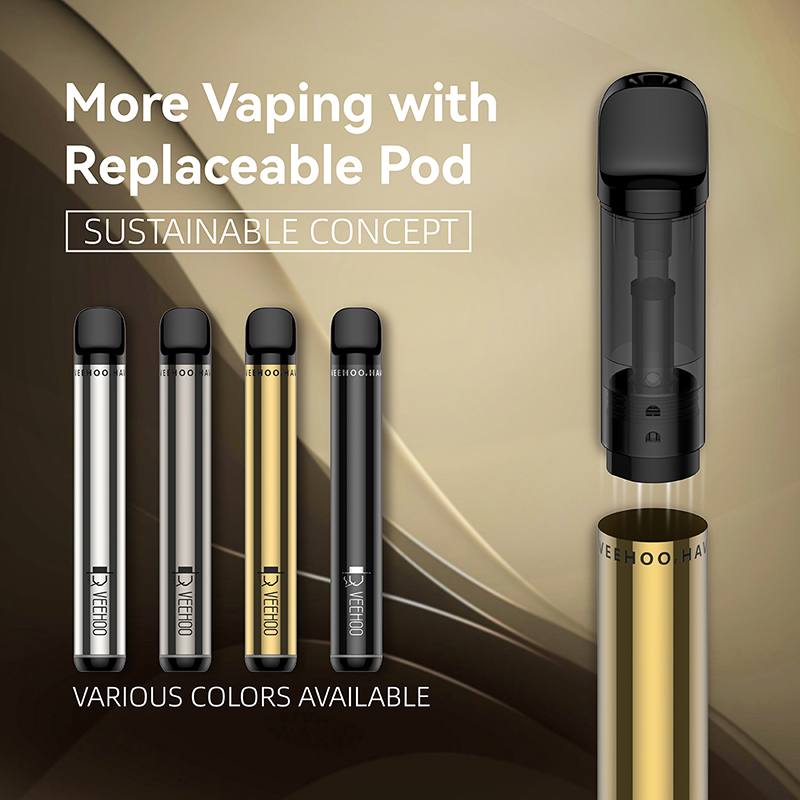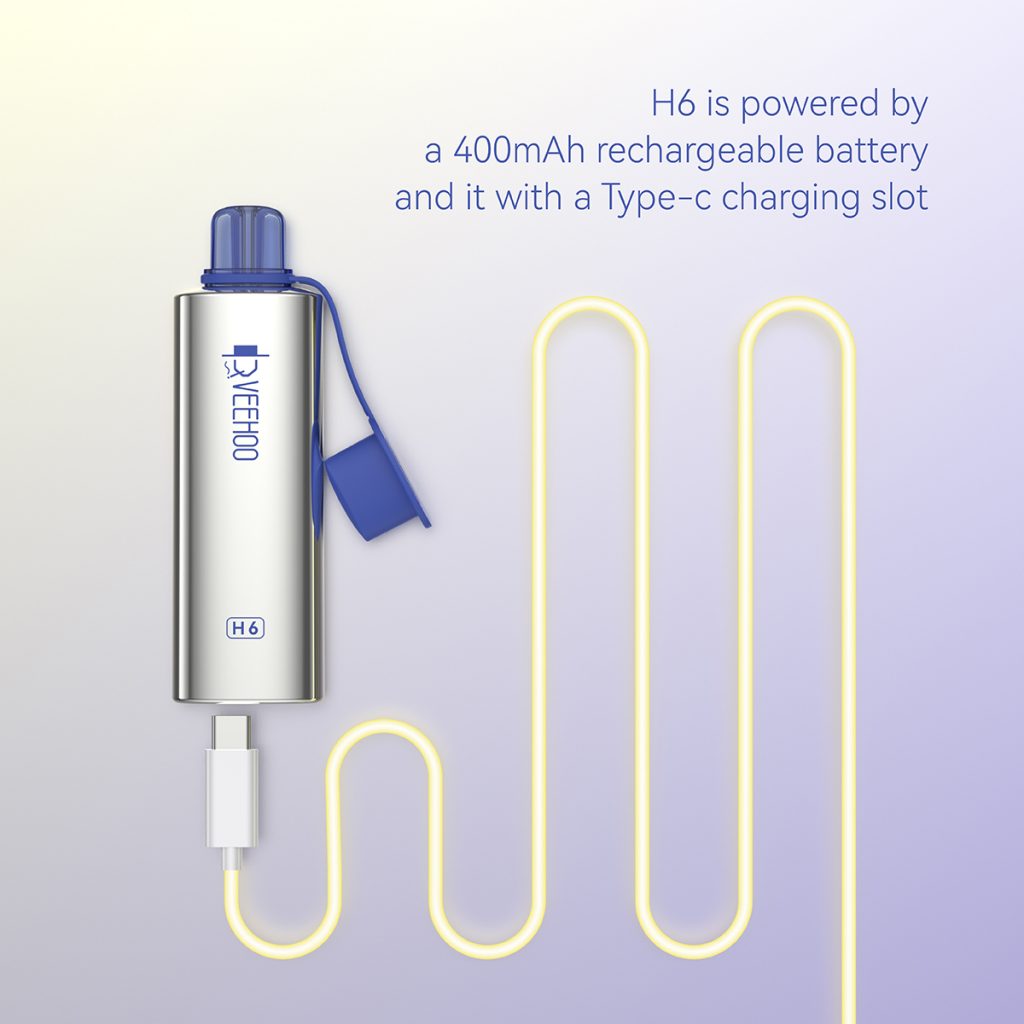Tobacco harm reduction advocates have strongly criticized the World Health Organization’s call to crack down on vapes.
On December 14, the World Health Organization issued a statement urging action to prevent vape uptake and combat nicotine addiction.
“Vapes, as a consumer product, have not been shown to be effective in smoking cessation at the population level,” the WHO writes. “Instead, alarming evidence of adverse effects on population health has emerged.”
The WHO said in a statement that nicotine-containing vapes are highly addictive and harmful to health. “While the long-term health effects are not fully understood, they have been identified as producing toxic substances, some of which are known to cause cancer and some which increase the risk of heart and lung disease,” the group wrote.
“Vape use can also affect brain development and cause learning disabilities in young people. Fetal exposure to vapes can adversely affect fetal development in pregnant women. Exposure to vape emissions can also pose risks to bystanders.”

To address the effects of vapes, the World Health Organization encourages governments to ban vape flavors, limit nicotine concentrations, and tax vapes.
Tobacco harm reduction campaigners are alarmed. “The World Health Organization’s latest position on vape flavors is not only wrong, but dangerously divorced from scientific reality,” Michael Rand, director of the World Vaping Alliance, wrote in a statement.
“By pushing for a blanket ban, the WHO is blatantly ignoring the body of scientific evidence that highlights the benefits of vapes compared to other alternatives. Flavored vapes have been shown to increase the chances of successful quitting smoking than unflavored alternatives. 230% out. It’s shocking to see such a critical public health tool ignored by an organization that should be at the forefront of harm reduction.”
The British Vaping Industry Association said the WHO’s statement was based on discredited research and predicted the measures would be “catastrophic” to public health.
“WHO’s attack on vapes is inaccurate and misleading and will further hinder smokers from making the life-changing decision to quit smoking,” UKVIA director general John Dunn said in a statement. It is 95% less harmful than cigarettes and is responsible for the accelerated decline in smoking rates in the UK over the past decade.”
“The World Health Organization’s criticism of vapes is based on discredited research, and suggesting that vapes are somehow proven to cause cancer is completely misleading, as is the suggestion that it harms brain development in young people. True horror story.”
“Banning flavored vapes will lead to more smokers and more smoking deaths. In fact, according to a March 2023 poll, 80% of vape users believe that the availability of flavors is an important factor in their journey to quit smoking. An important part of the survey. 24% of respondents said that banning flavors might lead them to return to smoking, which could affect more than 1.1 million people in the UK.
“Restrictions on adult use of vapes have had disastrous consequences around the world, such as in Australia, where it has led to a massive unregulated black market and increased smoking rates.”

Earlier this month, tobacco harm reduction experts raised concerns about the direction of the Framework Convention on Tobacco Control in a special report published by Forniche.
However, relevant stakeholders such as tobacco harm reduction advocates have questioned and criticized the WHO’s call. They believe the WHO’s position is inaccurate and divorced from scientific reality. Measures such as the WHO’s ban on vape flavors and limits on nicotine concentrations have been blamed for potentially disastrous effects on public health.
As a brand committed to compliance and protecting youth health, Veehoo vapes expressed concern about the WHO’s statement. The brand highlighted the potential of vapes as a smoking cessation tool and provided scientific research to back this up. Veehoo vapes say that flavored vapes have been shown to have a higher chance of successfully quitting smoking than unflavored alternatives. The brand also pointed out that the WHO’s criticism of vapes, which have played an important role in reducing smoking rates, was based on discredited research.
The UK Vape Industry Association (UKVIA) also disputed the WHO’s position. They said the WHO’s statement was based on discredited research and could mislead smokers into making the life-changing decision to quit smoking. UKVIA also emphasized that vapes are less harmful and are one of the reasons for the decline in smoking rates in the UK over the past decade.
Amid the controversy, tobacco harm reduction advocates argue that the WHO has ignored the potential of vapes as an alternative to smoking cessation and overemphasized their risks. They fear such calls could discourage smokers from choosing safer alternatives and could lead to more people returning to smoking. Advocates also point out that banning vape flavors could make the process of quitting smoking more difficult, as flavors are an important part of the quitting journey for many vape users.

For this dispute, we need to comprehensively consider the opinions and scientific evidence of all parties. Although vapes as an alternative may help some smokers quit smoking, we cannot ignore the potential health risks of vapes. Nicotine addiction, harmful substances and potential effects on brain development all need to be more thoroughly studied and evaluated.
When formulating policies and promoting public health measures, decisions should be based on scientific evidence and the results of extensive research. This balances the concerns of all parties while ensuring the best interests of public health.
For Veehoo vapes and other related companies, they should actively support scientific research and ensure that their products meet relevant safety and health standards. They should also actively participate in public health discussions to ensure that their products do not pose potential risks to public health during their promotion and use.
Overall, the impact and safety of vapes is a complex issue that requires a comprehensive consideration of all perspectives and scientific evidence. Tobacco harm reduction advocates and relevant stakeholders such as Veehoo vapes should work with the scientific community, government and the public to find the best ways to promote public health. Only through scientific, objective and comprehensive methods can we better respond to the harm of tobacco and protect public health and welfare.
Tags: WHO cracks down on vapes,why is vaping banned but not cigarettes,when does the vape ban start,veehoo vape